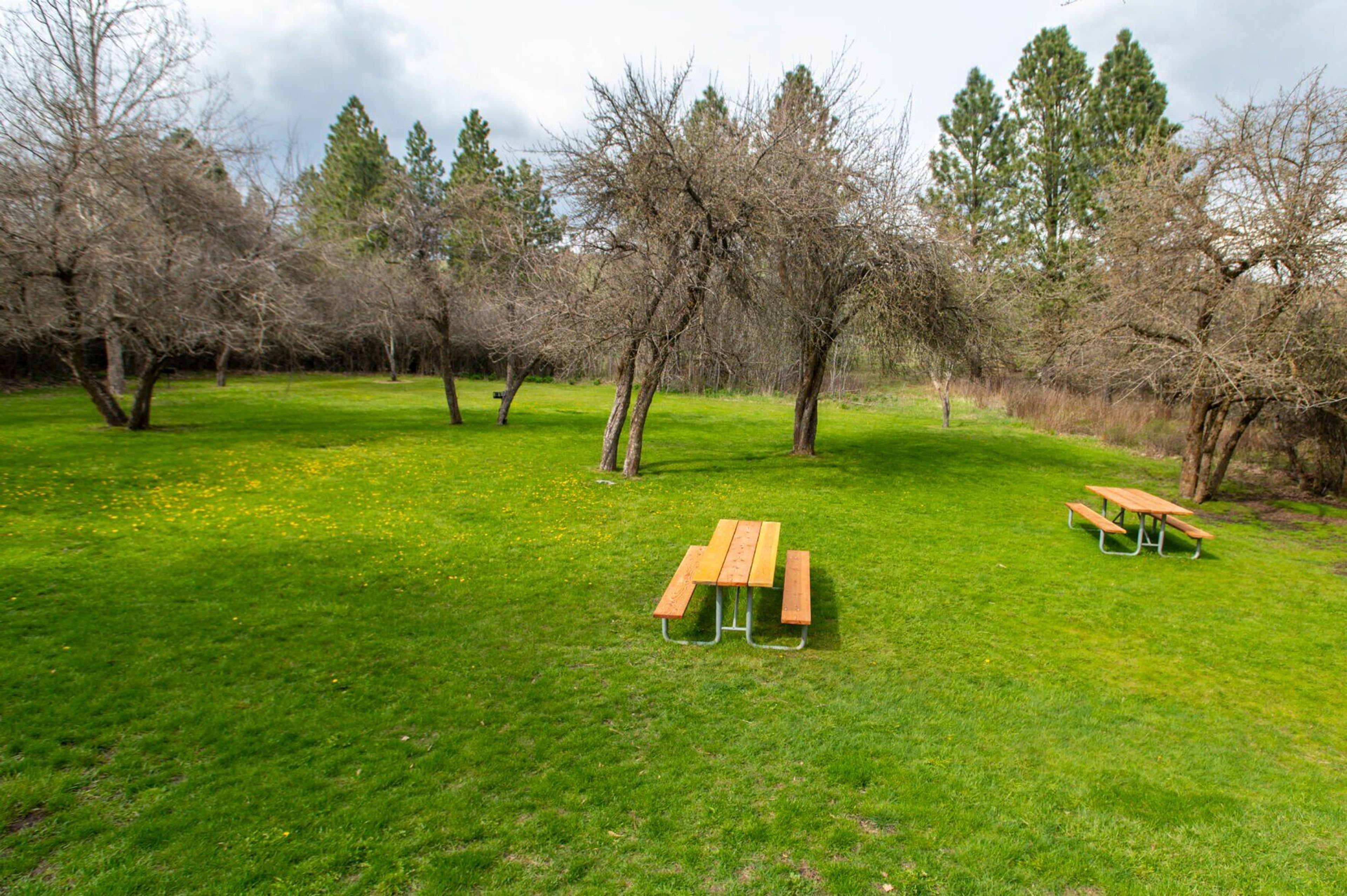Moscow crisis center expected to open next week
Committee receptive to $10,000 request from recovery center to help integrate services with crisis center
A crisis center in downtown Moscow is expected to open sometime next week, said Joyce Lyons, rural crisis response project manager for Public Health-Idaho North Central District in Lewiston.
Lyons and Latah Recovery Community Center Director Darrell Keim presented an overview of the crisis center to the Moscow Public Works/Finance Committee Monday.
The center is next to the recovery center in the former Wack-A-Doos Styling Salon space at 531 S. Main St. The crisis services will be funded by the state and the facility will be managed by the recovery center, which is renting the space.
Those who believe themselves to be in crisis can visit the recovery center from 10 a.m. to 8 p.m. Monday through Friday or call (877) 897-9027 anytime and speak with an individual who will transfer the call to a recovery center staff member.
If deemed appropriate, the staff member will then call an on-call care professional in Moscow who will meet the patient in the adjoining crisis center to assess and treat the individual, Lyons said.
A patient can stay in the crisis center facility for a maximum of 24 hours. Keim, discussing the project in May, described the crisis center as a place that provides a soothing environment for those experiencing a mental health crisis.
“Some things, you know, they take a little while to resolve but the point is to engage in treatment and to move forward,” Lyons said.
She said Public Health partnered with the LRCC because it believed some of the recovery center clients would potentially benefit from crisis center services.
Lyons said it also partnered with Moscow Ambulance in case a medical emergency arises, Gritman Medical Center, and the University of Idaho Counseling and Testing Center so students can avoid visiting the hospital if they do not require that type of care. She said the crisis center will potentially reduce the number of hospital visits.
City Supervisor Gary Riedner said a police officer will not need to be assigned to a crisis patient at the crisis center as one is assigned for a mental health hold at Gritman. The center will also reduce the trips officers take transporting a mental hold patient to the hospital.
“This is definitely something that could have a positive budgetary impact for our police department as well as provide additional services to the community,” Riedner said.
Lyons said any member of law enforcement, ambulance, hospital or the community can refer someone to the crisis center but the person in crisis can only go voluntarily.
“I think it’s an excellent addition to our service,” said Committee member Jim Boland.
Keim also requested $10,000 from the city for infrastructure improvements at the recovery center to complement the services at the crisis center.
Keim said a door has already been installed so patients can enter the crisis center from the interior of the recovery center. A private meeting room is also available in the recovery center.
“That is by far the most popular room in the place,” he said. “No matter how big the group is, they all want to be back there because they don’t feel like they have privacy elsewhere in the recovery center. So we’re trying to develop semiprivate spots and that’s really what (the $10,000 request) is all about.”
Committeewoman Anne Zabala said she is glad the two centers are next to each other and located downtown.
“For a $10,000 investment, I think the returns are well worth it,” Committeeman Art Bettge said.
The committee members supported the $10,000 request and the item will be on Monday ’s city council regular agenda.
Garrett Cabeza can be reached at (208) 883-4631, or by email to gcabeza@dnews.com.







